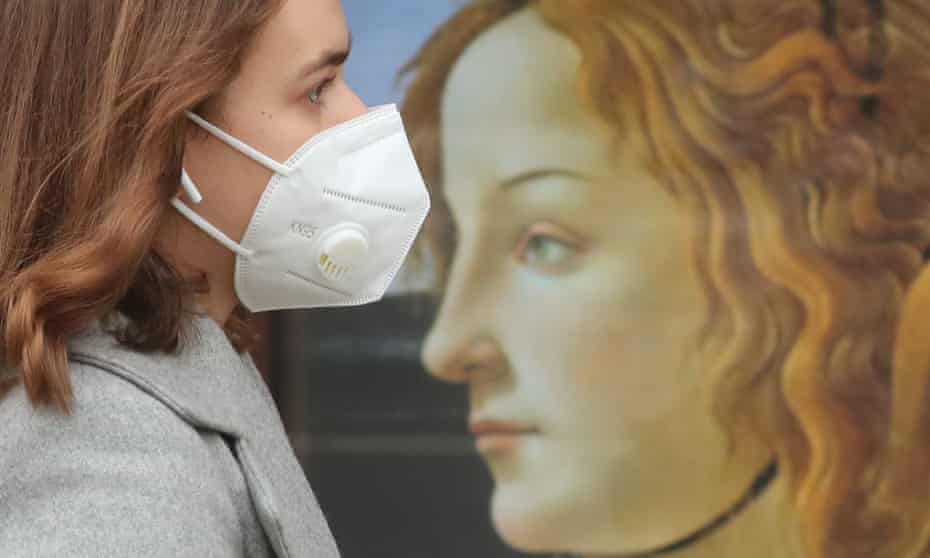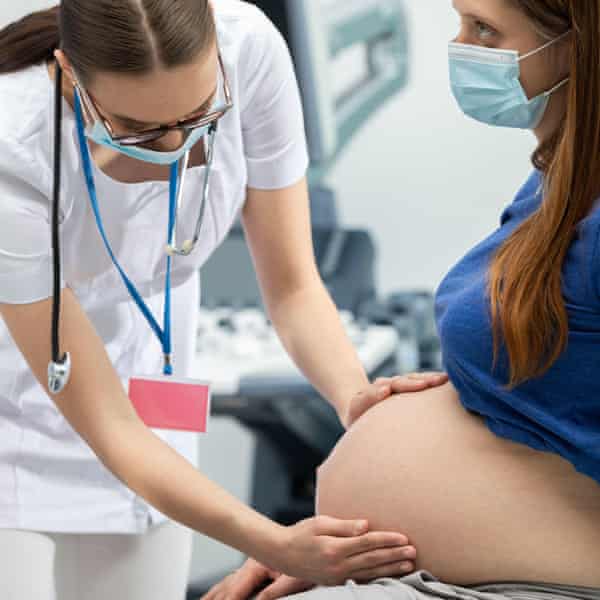Last modified on 2021 Jun 13
–
In June 2020, as the first reports of long Covid began to filter through the medical community, doctors attempting to grapple with this mysterious malaise began to notice an unusual trend. While acute cases of Covid-19 – particularly those hospitalised with the disease – tended to be mostly male and over 50, long Covid sufferers were, by contrast, both relatively young and overwhelmingly female.
But despite this, there have been relatively few attempts to drill down into why this is the case. Instead, because these conditions predominantly affect women, they have more often been dismissed as being psychological in origin. Over the years, both ME/CFS and chronic Lyme disease have been ridiculed by sectors of the medical community as forms of hypochondria.
“In general, there’s not as much research money and attention on conditions that primarily affect women,” says Julie Nusbaum, an assistant professor at NYU Long Island School of Medicine. “That’s just a general disparity in medical research. I think certain biases persist that when women present with a lot of body aches or pains, there’s more often an emotional or personality component to it than medical origin.”
Worryingly, signs of these age-old biases have crept in over the past year with long Covid. There are anecdotal reports of female patients complaining that their persistent symptoms have been dismissed or attributed to anxiety. Dr Janet Scott, an infectious diseases specialist at the University of Glasgow, says that there remains a school of thought within the academic community that the long Covid gender skew may simply be an artefact of women being more likely to report symptoms than men.
“I don’t buy it myself,” says Scott. “I think it plays into the narrative of, ‘Don’t worry about long Covid, it’s just a bunch of hysterical, middle-aged women.’”
But Scott and other scientists around the world are trying to delve into the different factors which make women more prone to developing long Covid. Understanding them could be crucial to shedding a light on this mysterious condition in general, as well as other illnesses which can be triggered by an infection.
The Pregnancy Compensation Hypothesis
At Yale School of Medicine, Connecticut, immunologist Prof Akiko Iwasaki has spent much of the past year trying to tease apart the differences between how men and women respond to the Sars-CoV-2 virus. One of her early findings was that T cells – a group of cells important to the immune system which seek out and destroy virus-infected cells – are much more active in women than men in the early stages of infection. One component of this is thought to be due to genetics.
“Women have two copies of the X chromosome,” says Iwasaki. “And many of the genes that code for various parts of the immune system are located on that chromosome, which means different immune responses are expressed more strongly in women.”
–
But it is also linked to a theory called the pregnancy compensation hypothesis, which suggests that women of reproductive age have more reactive immune responses to the presence of a pathogen, because their immune systems have evolved to support the heightened need for protection during pregnancy.
This robust immune response is thought to be one of the reasons why women are much less likely to die from Covid-19 during the acute phase of the infection – but it comes with a catch. One of the major theories for long Covid is that fragments of the virus manage to linger in remote pockets of the body, known as reservoirs, for many months. Iwasaki says that remnants of Sars-CoV-2 have been discovered in almost every tissue from the brain to the kidneys.
Because women react so strongly to the presence of a virus, some scientists think that these viral reservoirs are more likely to trigger waves of chronic inflammation throughout the body, leading to the symptoms of pain, fatigue and brain fog experienced by many with long Covid.
Evidence to support this idea has been found in studies of chronic Lyme disease. The bacterium Borrelia burgdorferi, which causes Lyme disease, is also capable of burrowing into tissue and nerves and hiding out in the body, leading to chronic symptoms. Research has shown that women have a more intense response to the presence of B burgdorferi, producing much higher levels of inflammatory cytokines – small proteins – than men.
“There’s increasing evidence that women respond more to this kind of persistent, low-grade infection than men,” says Dr Raphael Stricker, a Lyme disease researcher based in San Francisco. “And so they’re much more likely to have chronic inflammation.”
Autoimmune disease
This is unlikely to be the sole explanation, however. Many scientists studying long Covid believe that, in a proportion of cases, the virus may have triggered an autoimmune disease, causing elements of the immune system to produce self-directed antibodies known as autoantibodies, which attack the body’s own organs. Since December last year, Iwasaki and others have published studies that have identified elevated levels of more than 100 different autoantibodies in Covid-19 patients, directed against a range of tissues from the lining of blood vessels to the brain. While the level of some of these autoantibodies subsided naturally over time, others lingered. Iwasaki believes that if these self-directed antibodies remain in the blood of long Covid patients over the course of many months, it could explain many of the common symptoms, from cognitive dysfunction to clots, and dysautonomia – a condition where patients experience an uncomfortable and rapid increase in heartbeat when attempting any kind of activity.
There have previously been indications of this in studies of ME/CFS. Female patients have been found to be far more likely to experience autoimmune-related ailments, ranging from new allergies to muscle stiffness and joint pain, a similar symptom profile to many of those with long Covid.
Iwasaki is now conducting another study looking to examine whether certain autoantibodies are present in particularly high levels in female long Covid patients. If this proves to be the case, it would not come as a complete surprise. Viruses have long been linked to the onset of autoimmune diseases ranging from type 1 diabetes to rheumatoid arthritis, and all of these conditions are far more prevalent in women, with surveys finding that women comprise 78% of autoimmune disease cases in the US.
–
“Viral infections prompt the immune system to respond,” says Nusbaum at NYU. “And for many women, particularly if they’re genetically predisposed, that immune response can be so robust that you enter into this kind of dysregulated immunity, which doesn’t get turned off even after the virus is cleared.”
Women are more prone to autoimmune problems for a number of reasons, ranging from a molecular switch called VGLL3, which women have in far higher levels than men and which can tip the immune system into overdrive, to the sex hormone oestrogen, which can increase inflammation. Men on the other hand are more protected against developing autoimmune-related problems due to their higher levels of testosterone, which suppress the number of autoantibody-producing cells called B cells. Iwasaki believes that this tendency may well be the major factor that explains the long Covid gender skew.
“In the case of long Covid, the virus may tip the balance towards autoimmunity in people who already have that tendency to begin with,” she says.
Some scientists have already begun to describe long Covid as an oestrogen-associated autoimmune disease, calling for more research dedicated to identifying both personalized and gender-specific long Covid treatments.
If autoantibodies are consistently found in particularly high levels in female long Covid patients, one approach could be to treat them with immunosuppressive medications, such as steroids.
“We need to try and identify the underlying causes in each case,” says Iwasaki. “That could be one approach, while in other cases where the problem is a persistent Covid-19 infection, you might want to treat those patients with antivirals. We’ll continue to get more information on this over the next few months.”
Many hope that the answers gleaned from understanding the long Covid gender skew could also help provide more insights into treating other conditions that are particularly prevalent in women, such as ME/CFS, and even certain autoimmune illnesses.
“A lot of the symptoms being experienced by the Covid long haulers are very similar to chronic fatigue syndrome, fibromyalgia and some of these other chronic conditions that we don’t fully understand,” says Nusbaum. “I do think it’s possible that the attention now being placed on long Covid could help provide an insight into that, which would be a very welcome benefit.”
–
–

















comments (129)
This discussion is now closed for comments but you can still sign in or create your Guardian account to join the discussion next time